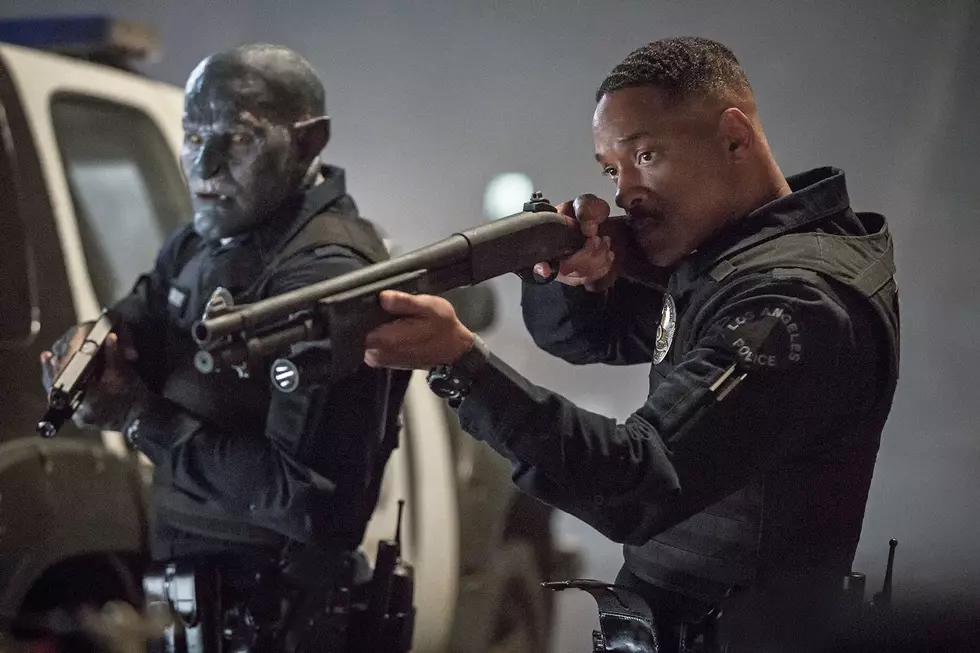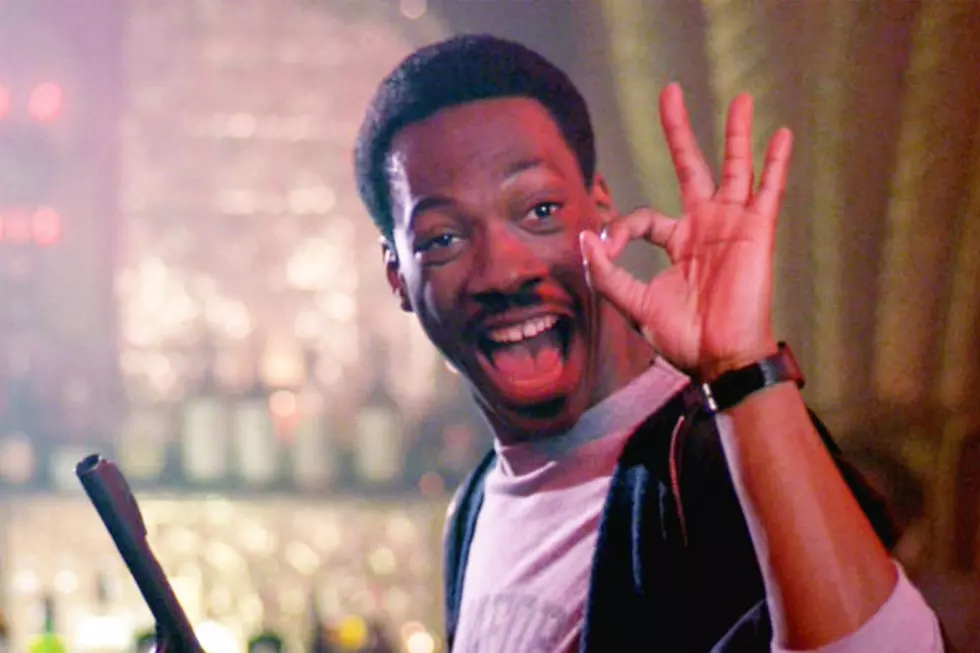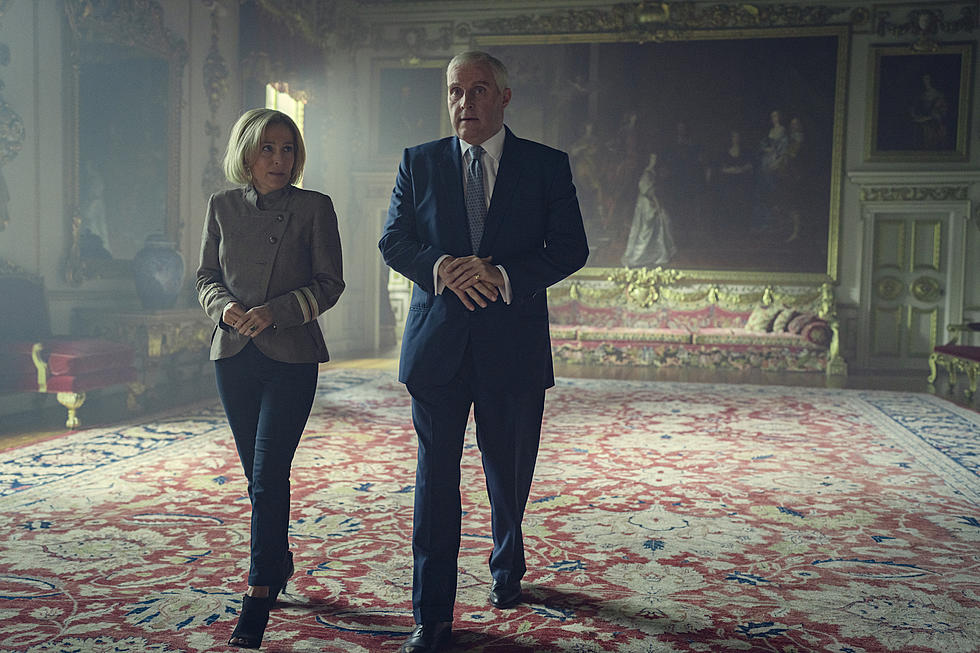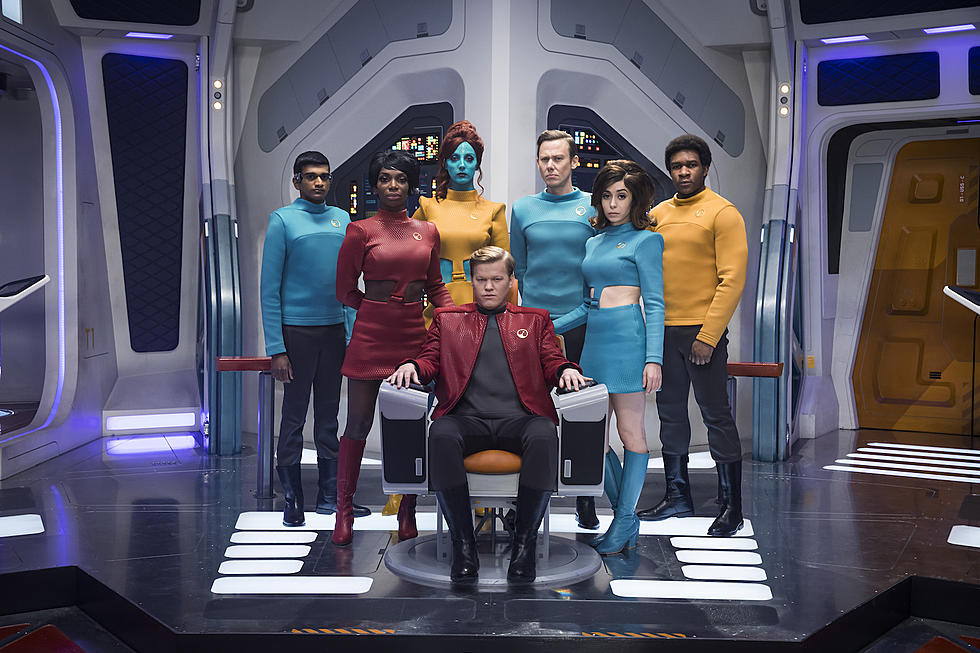
With ‘Bright,’ Netflix Tries to Make a Blockbuster With Disastrous Results
Netflix’s takeover of the entertainment industry has been methodical and seemingly unstoppable. Their DVDs-by-mail rental system sunk the video store business model, and when they moved into streaming entertainment, they rewrote the rules of the entire movie and television business. They got into original programming and very quickly became a major force in television, winning awards and attracting major talent in front of and behind the camera. The movie business has proven a slightly tougher nut to crack, but 2017 has been a breakthrough year for Netflix on that front; the company produced its first bona fide great film and broke news with a documentary on the world of sports doping. Sometimes it seems like there’s nothing the company can’t do.
But Netflix may have finally found its Achilles’ heel: Blockbusters. Their partnership with Adam Sandler has yielded mostly unwatchable “comedies.” (The Meyerowitz Stories is the rare and, I assume, little-watched exception.) Their productions with mainstream filmmakers like Brad Pitt (War Machine), Ricky Gervais (Special Correspondents), Adam Wingard (Death Note) were forgettable at best. (I’m being generous.) Now Netflix takes its biggest swing yet: Bright, a $90-million sci-fi action thriller starring Will Smith and directed by David Ayer, fresh off the superhero hit Suicide Squad. It is quite literally the company’s biggest disaster to date; a colossal waste of time, money, and effort.
The premise blends Lord of the Rings and Alien Nation. In a contemporary Los Angeles very different from our own, where every single building exterior (and a lot of the interiors) are covered in graffiti, humans coexist alongside magical creatures like orcs, elves, and fairies. In this none-too-subtle racial parable, orcs are treated as second-class citizens; the first ever orc policeman, Nick Jakoby (Joel Edgerton), is partnered with a human officer, Daryl Ward (Smith), and sent out into the field as a kind of experiment in interspecies relations. In classic mismatched buddy cop style, the partners hate each other but must learn to get along to solve the case of their lives. It involves an all-important elf named Tikka (Lucy Fry) and a magic wand that’s basically a miniaturized weapon of mass destruction.
It’s easy to see what about this pitch appealed to Netflix executives (the screenplay is by Max Landis): It’s a classic genre with a dash of modern flavor, and if the mythology was rich enough, you could spin it off into sequels or even a TV series (Netflix has reportedly already started work on a Bright 2.) But I am here to tell you: The mythology is not rich enough. Neither are the characters or the story. Also, the makeup effects are ugly, and the action scenes, such as there are, are minimal and unexciting.
On a fundamental level, Bright suffers from the same problem that Ayer’s Suicide Squad had: It feels like the hacked-up, bare bones, borderline incoherent edit of a much denser and more complicated story. The movie opens with Smith’s Ward waking from a nightmare where he’s shot while waiting for Jakoby to order a burrito. A few scenes later we learn he was shot, and this is his first day back at work following an extended convalescence. But that means that Jakoby has been a cop for a while, even though everyone on the LAPD acts like it’s his first day on the job.
Ayer, the director of End of Watch and Sabotage among other violent thrillers, has a keen ear for cop dialogue, and an affinity for the brotherhood of public servants. He also works best in bleak settings with characters whose questionable decisions test the limits of our empathy. Movies like Suicide Squad and Bright are at odds with his gifts. His instincts for darkness clash with this kind of large-scale filmmaking, which demands feel-good messages, lots of comic relief, and an upbeat ending. (In this particular instance, I’m not sure that Tinker Bell-style fairies are something that demands a grim and gritty version.)
The racial allegory should be central to the whole film, but it actually winds up meaning very little (although it does give Will Smith the excuse to deliver the line “Fairy lives don’t matter today!” right before he literally murders a fairy). Mostly this really is the Netflix version of a dumb Hollywood blockbuster: A clever conceit with hints of social commentary (but not enough to piss off anyone in the theoretical mass audience) that’s the window dressing on a meat-and-potatoes thriller where a couple of guys go on the run to protect a damsel in distress who almost never speaks and has no personality whatsoever, while bad guys occasionally appear to do shoot guns and do bad Matrix-style kung fu.
I suppose eventually Netflix does need to make their own big-budget spectacles; if they’re going to complete their total domination of the film and TV worlds, they have to be able to offer their customers these sorts of movies without paying the studios for them. But true spectacle deserves to be seen on the largest screen possible. Who wants to see a big thing small? In this case, though, that doesn’t really matter, because Bright isn’t particularly all that epic, or all that good-looking anyway. Ironically, it’s the exactly the kind of Z-grade blockbuster that people would typically describe by saying “Eh, just wait and watch it on Netflix.”
Gallery - The Best Netflix Original TV Shows and Movies:
More From ScreenCrush









